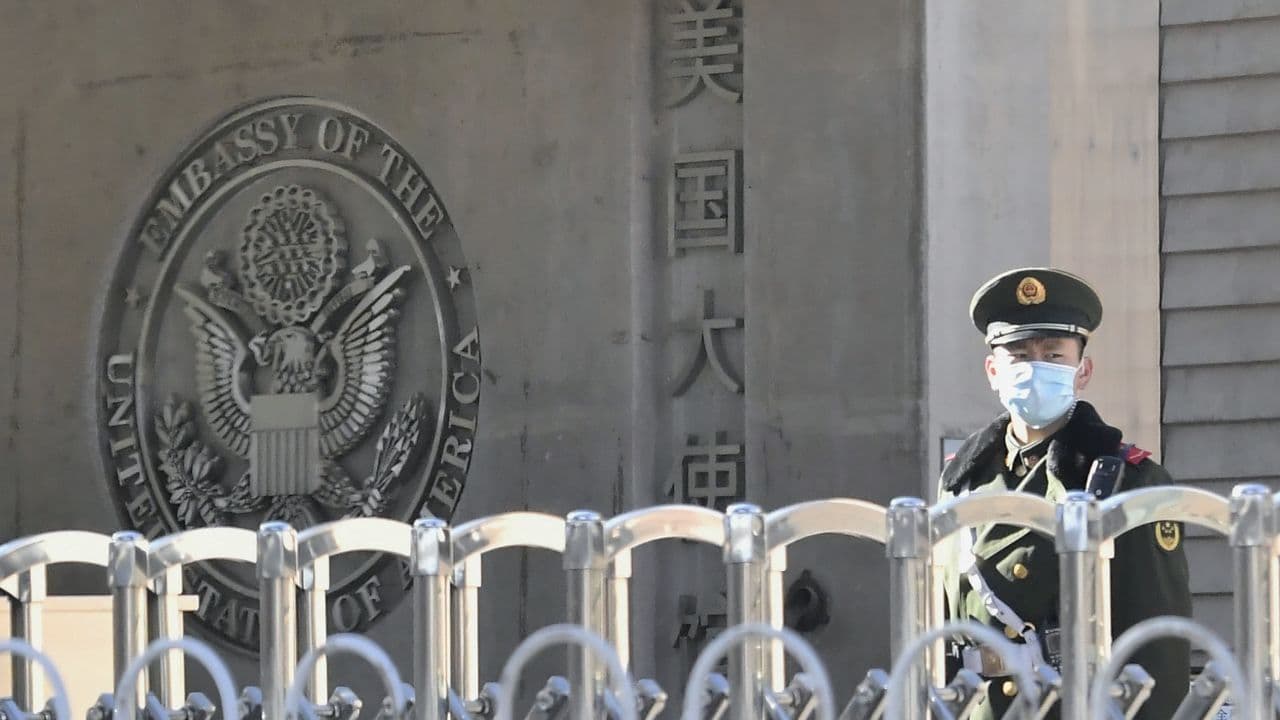The United States government has enacted a policy prohibiting American government personnel stationed in China from engaging in romantic or sexual relationships with Chinese citizens. This directive, introduced by outgoing U.S. Ambassador Nicholas Burns in January 2025, applies to diplomats, their families, and contractors with security clearances across U.S. missions in China, including the embassy in Beijing and consulates in Guangzhou, Shanghai, Shenyang, Wuhan, and Hong Kong.
The policy allows for exemptions in cases of pre-existing relationships, contingent upon approval. If an exemption is denied, the individuals involved must choose between ending the relationship or leaving their position. Violations of this policy will result in immediate reassignment out of China.
This measure reflects heightened security concerns amid escalating U.S.-China tensions, particularly regarding fears of espionage and intelligence gathering through personal relationships. Historically, intelligence agencies have employed romantic entanglements as tactics to extract sensitive information, a practice reminiscent of Cold War-era strategies.
While certain U.S. agencies previously maintained strict guidelines on such relationships, the implementation of a comprehensive non-fraternization policy marks a significant shift. The State Department has refrained from commenting on the specifics of internal policies, and China’s foreign ministry has not directly addressed the ban.
This development underscores the complex and often strained dynamics of U.S.-China relations, highlighting the intricate balance between personal freedoms and national security considerations.





